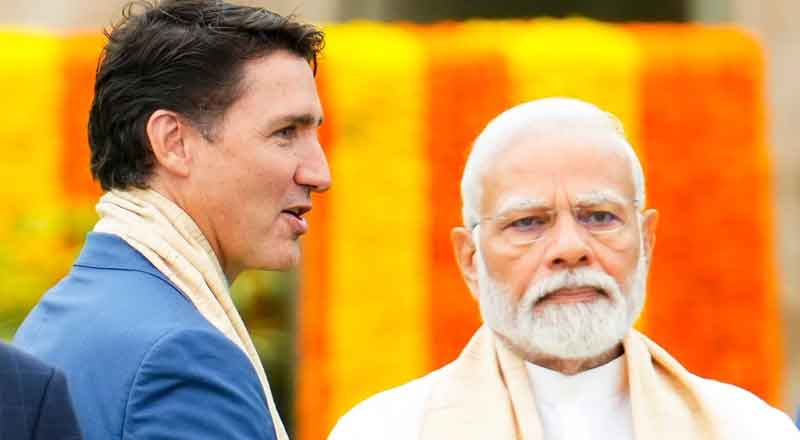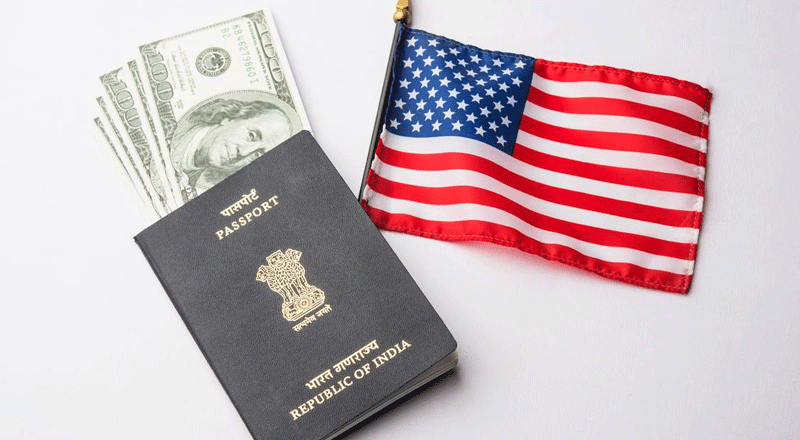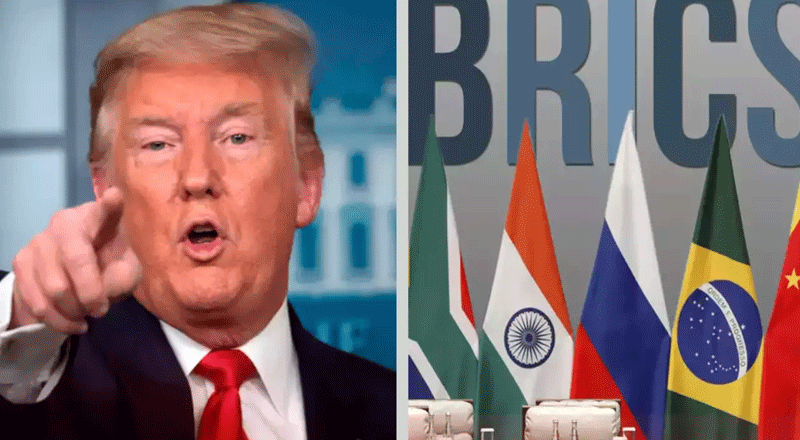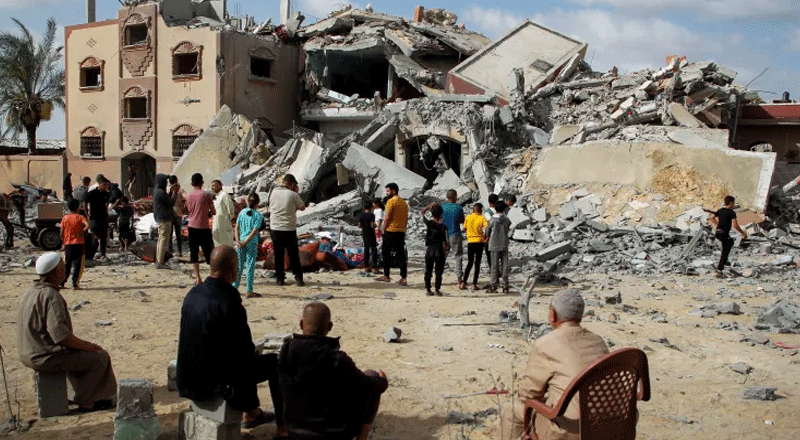- Ottawa has been told by New Delhi that it must repatriate roughly 40 diplomats by October 10, the publication says quoting people familiar with the demand.
- Tensions flared between India and Canada following the Canadian Prime Minister’s explosive allegations of the “potential” involvement of Indian agents in the killing of Nijjar on his country’s soil.
- India angrily rejected the allegations as “absurd” and “motivated”
- External Affairs Minister S Jaishankar has said India and Canada should talk to each other to resolve their differences over the death of a Khalistani separatist.
The Indian government has told Canada to withdraw dozens of diplomats from the country, a news publication reported. Ottawa has been told by New Delhi that it must repatriate roughly 40 diplomats by October 10, the report said, citing people familiar with the demand. The Indian government is yet to issue a statement on the latest development. Canada has 62 diplomats in India and India had said the total should be reduced by 41, the newspaper said.
The diplomatic relationship between New Delhi and Ottawa saw its lowest point after Canadian Prime Minister Justin Trudeau recently alleged that the Indian government could be behind the killing of Khalistani terrorist Hardeep Singh Nijjar. Nijjar, a designated terrorist in India, was shot dead outside at a parking lot outside a Gurdwara in Canada’s Surrey, British Columbia, on June 18.
Trudeau, during a debate in the Canadian Parliament, alleged Canada’s national security officials had reasons to believe that “agents of the Indian government” carried out the killing of Nijjar, who also served as the president of Surrey’s Guru Nanak Sikh Gurdwara.
However, India has outrightly rejected the claims, calling it “absurd” and “motivated”. The Indian government has said Canada has yet to provide any public evidence to support the claim about the killing of Nijjar.
External Affairs Minister S Jaishankar has said India and Canada should talk to each other to resolve their differences over the death of a Khalistani separatist, but the larger issue of the Canadian government’s “permissiveness” to terrorism, extremism and violence must be flagged and addressed.
During an interaction with Indian journalists in Washington last week, he said India was ready to look into the information related to Canada’s allegations of the “potential” involvement of Indian agents in the killing of Khalistani extremist Hardeep Singh Nijjar on June 18 in British Columbia.
External Affairs Minister S Jaishankar recently said the ongoing problem with Canada has been there for some years because of the “permissiveness” of the government regarding terrorism, extremism, and violence in the country.
Jaishankar said that the current situation can’t be termed a “deadlock”, adding that the Indian government is open to looking at any specific and relevant thing shared by the Canadian side in connection with the issue.
The US said the Joe Biden administration has engaged with the Indian government on a number of occasions urging them to cooperate with Canada in its investigations into the death of Singh Nijjar. The issue was raised by Secretary of state Antony Blinken during his meeting with Jaishankar last week.
(With inputs from agencies)





